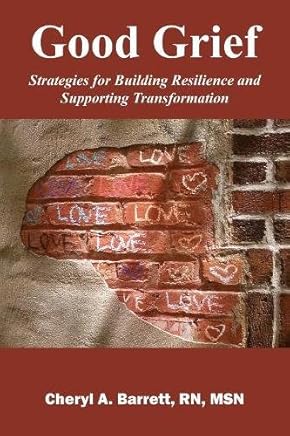
Worrying does not take away tomorrow’s troubles.
It takes away today’s peace.
— Unknown
Let’s
spend a few moments talking about anticipatory grief. It can have a significant
impact on the guilt and regrets you may feel at the loss of a loved one. For
those of you who are unfamiliar with this term, anticipatory grief describes
grieving behaviors exhibited by a person regarding the “potential” loss of a
loved one, before the actual death.
Anticipatory
grief is a common occurrence. It can happen during an illness, an accident, or
separation from a loved one (pets included). Your thoughts become focused on
the “what ifs:”
·
When is it
(death) going to happen?
·
What will I
do?
·
How will I
manage when he or she is gone?
This
behavior stimulates worry and stress, as well as distraction from the present —
the time you have NOW to be with, and enjoy, life with your loved one.
Here
are only a few examples of situations that may create anticipatory grief
causing you to ponder the “what ifs:”
·
A breast
cancer patient has been given a prognosis of six months to live.
·
An
Alzheimer’s patient no longer remembers who you are.
·
A stroke
patient can no longer communicate or has a physiologically changed appearance,
no longer the loved one you recognize.
·
A beloved
pet has fallen ill, and there is nothing more that can be done.
I’ll
share a personal example from my experience. I made a deal with my husband when
we married that he would work the first 10 years and I’d work the last 10 years
of our time together; never thinking that might mean our separation in death at
the end of my last 10 years of work.
As
the end of my 10 years of working approached, I started to have anxiety and
worry as to when I would lose my husband — irrational thinking, but that’s a
fact. He already had endured a few strokes and heart issues, so it was not a
far stretch to consider death and separation.
As
a little more time passed, I became more anxious and worried more — constantly
anticipating an impending loss. I became very distracted and fearful. I started
creating some emotional distance from my husband, foolishly thinking this would
help cushion the blow of the loss when it came. I was sure it would be soon.
Imagine
my surprise as I felt even worse when he did die, because my behavior of
distancing from him added to my guilt after he died. Yes, the “could haves,”
“should haves,” and “would haves” came back to haunt me. I beat myself up for
creating this distance between us: I wished I had been closer, hugged him more,
spent more time with him and so on and so on. I was angry that I cheated us
both out of some precious moments we could have shared together. It took quite
a while to come to terms with this and forgive myself.
If
I could do it over again, I would have been more realistic about the 10-year
scenario and not created the drama of impending death around it. I would have
spent less time working and more time enjoying the gift of our life together.
Worry and fear are powerful emotions that can skew our thoughts and behaviors,
robbing us of joy.
When
you recognize these behaviors in yourself (awareness is the key here), then you
need to stop, take a few slow breaths to calm yourself. As you are doing this,
replace the worry and fear with positive thoughts. Sit and do this for just a
few moments. You will start to relax. Worry is about the future you do not
know, and regret is about the past you cannot change. The present, however, is
your gift to dwell in joy and love, sharing these gifts with others. The
present is your NOW.
What’s on your mind becomes what’s in your life, so think
thoughts you want to see.
— Karen Salmansohn, Author
AFFIRMATIONS:
·
I will keep my thoughts positive and
put worry aside.
·
I will embrace the present moments
with joy.
·
I abandon old habits and choose new,
positive ones.
###
With her permission, I am serializing here a near-final version of nurse Cheryl Barrett's valuable book on transcending grief. I had the pleasure of being her coach and editor through my Write Your Book with Me enterprise.
Douglas Winslow Cooper, PhD
No comments:
Post a Comment